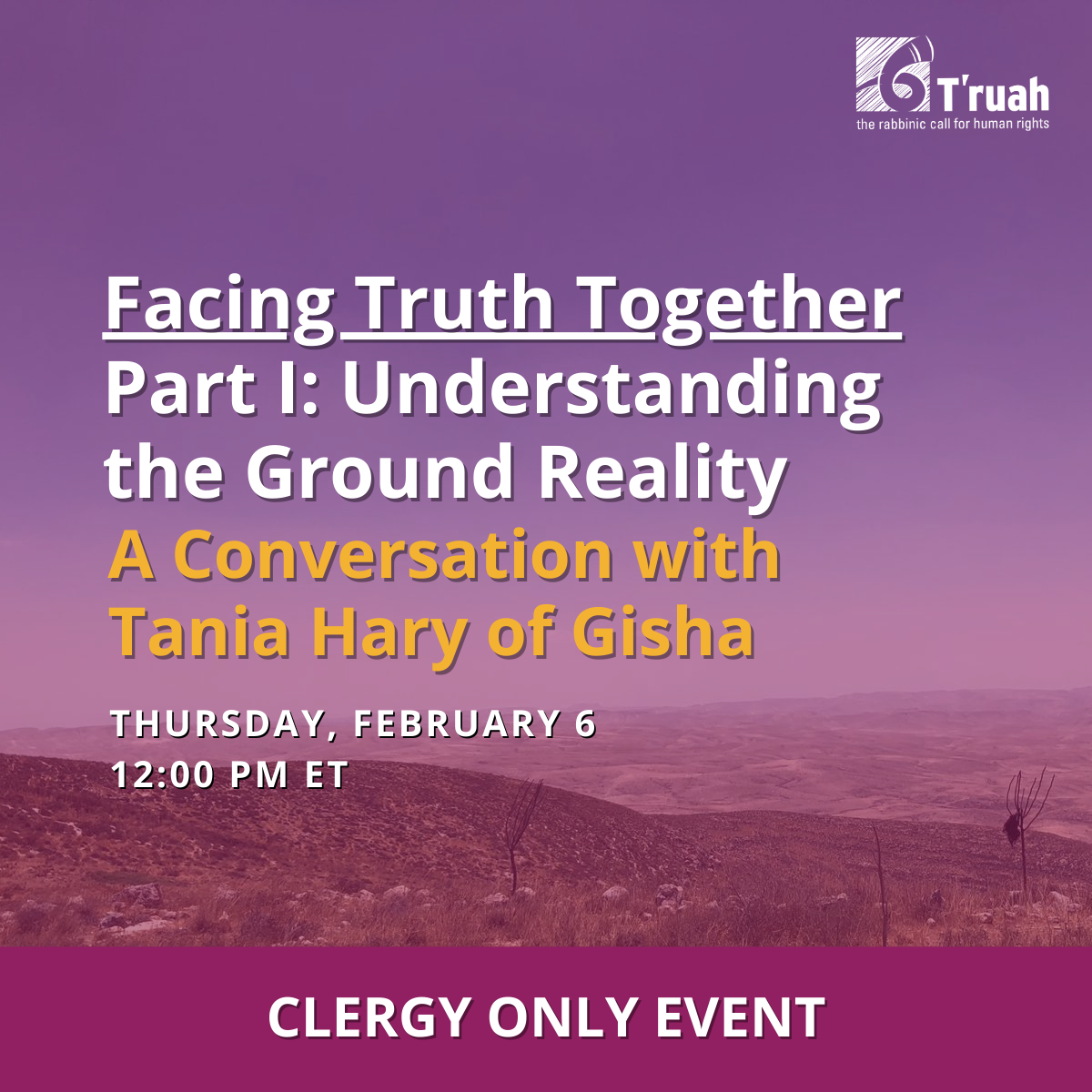Over the past 14 months, the ongoing war in Gaza has been devastating in ways many of us could not have imagined—particularly coming from a Jewish state that many of us love dearly. The scale of violence and suffering seems endless, and the question of how to find hope or process the unthinkable can feel impossible. With so many words being thrown around, it’s easy to become overwhelmed, bogged down in discourse without knowing how to act or what it means for our communities.
As Jewish clergy, we find ourselves in a unique and challenging position. How do we make sense of the harsh realities? How do we engage in meaningful conversations when so many around us are deeply traumatized? This two-part clergy-only series is designed to help you confront some of the “stuckness” many of us are feeling. It will give you the opportunity to hear from experts, Torah scholars, and your fellow clergy—each of whom will help us navigate this moment with moral clarity and compassion.
This series is not just about understanding what’s happening in Gaza; it’s about understanding how we— as Jewish clergy—can respond to the crises of our time. It’s about creating a space for deep learning, self-reflection, and conversation across differences, and ultimately, how we can lead our communities through this time of trauma and moral challenge. After the series, we will provide a set of follow-up resources to help integrate this learning into your work, including readings, discussion guides, and links to ongoing support. Participation in both sessions is highly encouraged to fully engage with the learning.
Part I: Understanding the Ground Reality — A Conversation with Tania Hary of Gisha
In the first webinar, we will hear from Tania Hary of Gisha, a human rights organization working in Gaza and Israel. Tania will help us better understand the complexities of the situation on the ground, offering a nuanced look at the humanitarian crisis and the daily realities faced by those living in the region. This will be an opportunity for you to ask her questions, engage with her insights, and begin to process what is happening beyond the headlines. This conversation will be framed by some of the Torah helping T’ruah staff grapple with the challenges of this war.

